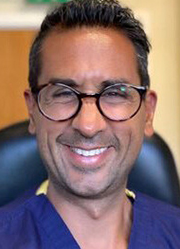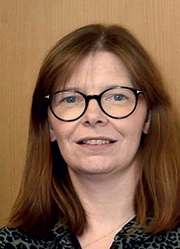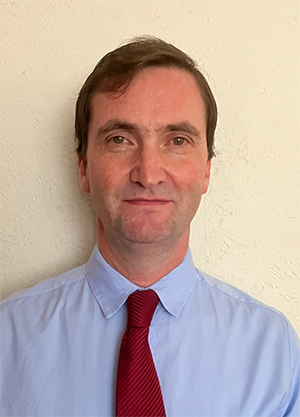
Dr Thomas Patel-Campbell is a GP partner at the Haxby Group in York and a member of RCGP Council

Why did you choose to be a GP?
I wanted something that allowed variety of work, and opportunity to develop clinical and leadership skills.
What's the best thing about being a GP?
Supporting patients over a long period, getting to know them, and helping them to make personal decisions on their healthcare.
What’s the most frustrating thing about being a GP?
The lack of understanding of primary care by government and the public. GPs up and down the country are going to great lengths to care for their patients, but have been subjected to excessive criticism in national and local press.
What are you most proud of in your career?
Taking on practices in areas of deprivation that have been struggling, and transforming the care they provide, in part by building a multidisciplinary team with a comprehensive training ethos.
How challenging has the pandemic been?
Incredibly so, initially demand dropped, but it rose again rapidly. We came out of the pandemic exhausted, and we are finding it increasingly difficult to care for our patients with the available workforce and financial resources.
What has been the most important lesson you have learnt during your career?
To always try to put myself in others' shoes, especially when I’m in challenging situations or discussions. We only know a small part about why people act as they do, and looking to understand why they are acting as they are helps resolve many conflicts.
Why do you think it's important to be a College member?
To meet GPs passionate about providing quality care to patients, as well as take part in wider discussions where our collective voice can be used to influence policy and national strategy.
What would you be if you weren't a GP?
Before becoming a GP I wanted to be an aerospace engineer. Now I would probably look to move into a leadership role in the NHS.
What is the biggest challenge for GPs in your area?
The workforce demand mismatch. Many of my practices are in areas of significant deprivation. Finding sufficient workforce to deliver high quality care is increasingly challenging.
Read more
Thank you for your feedback. Your response will help improve this page.




